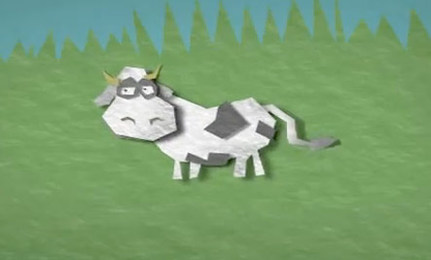Did you know that smoking in your home can kill your indoor animal companions? Dogs, cats and birds have shown to be affected.
Research from Colorado State University has found that secondhand tobacco smoke has a clear effect on dogs and their chance of disease. One study shows that the more members of a household who smoke, the higher their dogs’ risk of developing certain kinds of cancer. It is such a direct connection that dogs with long noses are at an even greater risk of developing certain nasal and sinus cancer, as they expose more tissue to the carcinogens when they inhale. Short and medium-nosed dogs are more susceptible to lung cancer, as the carcinogens more quickly pass the nose and settle in the lungs.
Likewise, a study done at Tufts College of Veterinary Medicine found that cats exposed to secondhand smoke have an increased chance of developing a type of oral cancer that smokers often fall victim to – squamous cell carcinoma. It is suspected that because of the grooming behaviour of cats, they expose the mucous membranes of their mouth to the cancer-causing chemicals. Cats living with smokers are also twice as likely to develop malignant lymphoma, a cancer that occurs in the lymph nodes and that is fatal to three out of four cats within 12 months of developing it.
Anyone with a pet bird knows to avoid using Teflon-coated pans because of birds’ sensitive respiratory systems–so it is no surprise that birds are also at risk for lung cancer, as well as pneumonia, from secondhand smoke.
Of the 5,000 chemicals identified in tobacco smoke, public health authorities have classified between 45 and 70 of those chemicals (including carcinogens, irritants and other toxins) as potentially causing the harmful effects of tobacco use. According to the Centers for Disease Control and Prevention, more than 126 million Americans who do not smoke are exposed to secondhand smoke in their homes, vehicles, workplaces, and public places. This exposure causes thousands of lung cancer and heart disease deaths among nonsmokers every year, according to the California Environmental Protection Agency.
Now, we can add animal companions to this sad set of statistics.
Adapted from articles on Animal Planet





